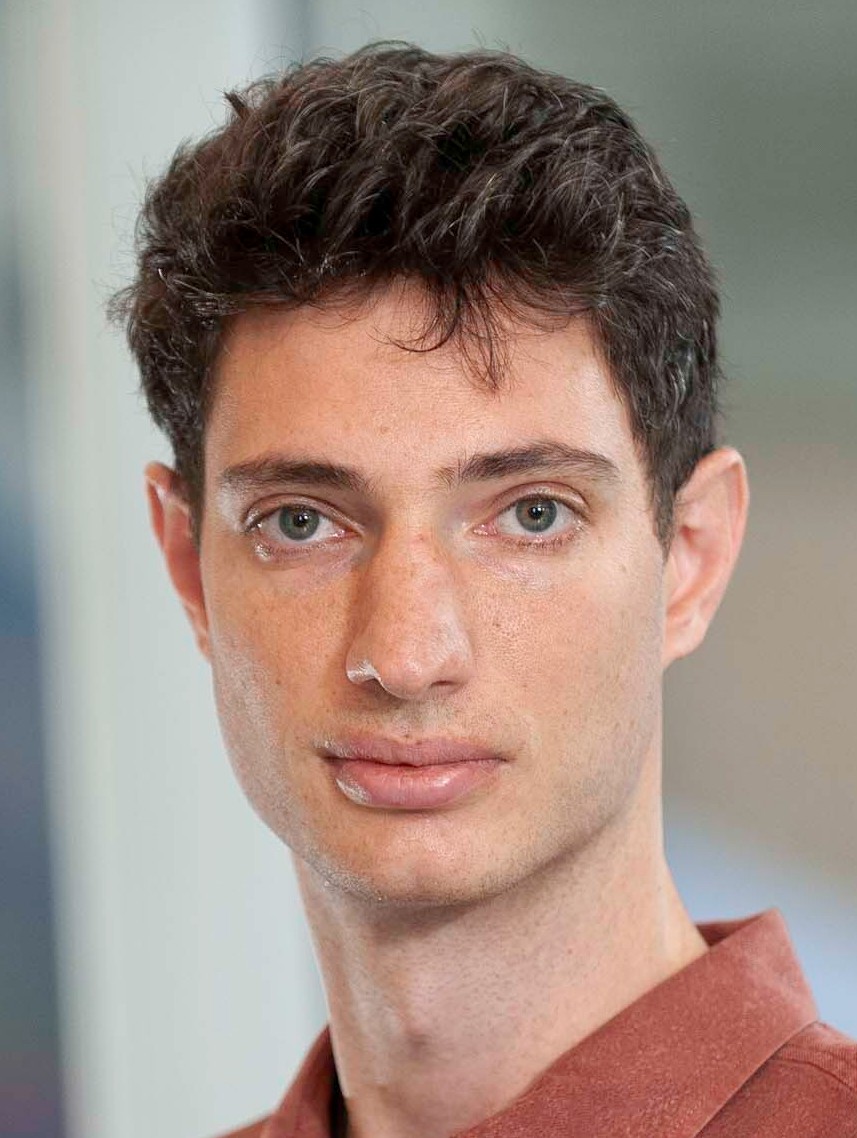Spatiotemporal evolution of the clear cell renal cell carcinoma microenvironment links intra-tumoral heterogeneity to immune escape Journal Article
| Authors: | Golkaram, M.; Kuo, F.; Gupta, S.; Carlo, M. I.; Salmans, M. L.; Vijayaraghavan, R.; Tang, C.; Makarov, V.; Rappold, P.; Blum, K. A.; Zhao, C.; Mehio, R.; Zhang, S.; Godsey, J.; Pawlowski, T.; DiNatale, R. G.; Morris, L. G. T.; Durack, J.; Russo, P.; Kotecha, R. R.; Coleman, J.; Chen, Y. B.; Reuter, V. E.; Motzer, R. J.; Voss, M. H.; Liu, L.; Reznik, E.; Chan, T. A.; Hakimi, A. A. |
| Article Title: | Spatiotemporal evolution of the clear cell renal cell carcinoma microenvironment links intra-tumoral heterogeneity to immune escape |
| Abstract: | Background: Intratumoral heterogeneity (ITH) is a hallmark of clear cell renal cell carcinoma (ccRCC) that reflects the trajectory of evolution and influences clinical prognosis. Here, we seek to elucidate how ITH and tumor evolution during immune checkpoint inhibitor (ICI) treatment can lead to therapy resistance. Methods: Here, we completed a single-arm pilot study to examine the safety and feasibility of neoadjuvant nivolumab in patients with localized RCC. Primary endpoints were safety and feasibility of neoadjuvant nivolumab. Then, we spatiotemporally profiled the genomic and immunophenotypic characteristics of 29 ccRCC patients, including pre- and post-therapy samples from 17 ICI-treated patients. Deep multi-regional whole-exome and transcriptome sequencing were performed on 29 patients at different time points before and after ICI therapy. T cell repertoire was also monitored from tissue and peripheral blood collected from a subset of patients to study T cell clonal expansion during ICI therapy. Results: Angiogenesis, lymphocytic infiltration, and myeloid infiltration varied significantly across regions of the same patient, potentially confounding their utility as biomarkers of ICI response. Elevated ITH associated with a constellation of both genomic features (HLA LOH, CDKN2A/B loss) and microenvironmental features, including elevated myeloid expression, reduced peripheral T cell receptor (TCR) diversity, and putative neoantigen depletion. Hypothesizing that ITH may itself play a role in shaping ICI response, we derived a transcriptomic signature associated with neoantigen depletion that strongly associated with response to ICI and targeted therapy treatment in several independent clinical trial cohorts. Conclusions: These results argue that genetic and immune heterogeneity jointly co-evolve and influence response to ICI in ccRCC. Our findings have implications for future biomarker development for ICI response across ccRCC and other solid tumors and highlight important features of tumor evolution under ICI treatment. Trial registration: The study was registered on ClinicalTrial.gov (NCT02595918) on November 4, 2015. © 2022, The Author(s). |
| Keywords: | genetics; t lymphocyte; t-lymphocytes; renal cell carcinoma; kidney neoplasms; kidney tumor; carcinoma, renal cell; pilot study; pilot projects; carcinoma; tumor microenvironment; nivolumab; humans; human |
| Journal Title: | Genome Medicine |
| Volume: | 14 |
| ISSN: | 1756-994X |
| Publisher: | Biomed Central Ltd |
| Date Published: | 2022-12-19 |
| Start Page: | 143 |
| Language: | English |
| DOI: | 10.1186/s13073-022-01146-3 |
| PUBMED: | 36536472 |
| PROVIDER: | scopus |
| PMCID: | PMC9762114 |
| DOI/URL: | |
| Notes: | Article -- The MSK Cancer Center Support Grant (P30 CA008748) is acknowledged in the PubMed record and PDF. Corresponding author is MSK author Eduard Reznik -- Export Date: 3 January 2023 -- Source: Scopus |
Altmetric
Citation Impact
BMJ Impact Analytics
MSK Authors
Related MSK Work























